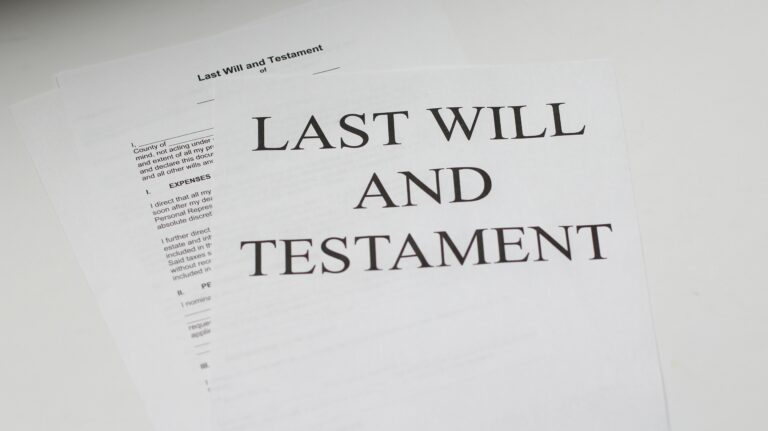
Is Putting a Home in Trust a Good Estate Planning Move?
Homes are illiquid assets that produce no income and come with ongoing costs for upkeep. Those issues can cause some snags with your trust.

Homes are illiquid assets that produce no income and come with ongoing costs for upkeep. Those issues can cause some snags with your trust.

Among those who do not have an estate plan, 63% said that they have considered creating one in the past and 46% said they do not know how to start.

In presentations regarding essential actions individuals should take regarding inheritance, emphasis is usually placed on drafting a will. This leaves unanswered what happens to assets that do not pass by will —so called non-probate assets.

For most families, the estate planning process is more involved than simply naming beneficiaries. While the primary goal of estate planning is transferring assets in an orderly and tax-efficient manner, it’s just as important to focus on preserving wealth across generations.

Do you have a second home, summer property, or another vacation residence that your family enjoys? Have you thought about what happens to this property when you die?

These vacation homes may also comprise a significant portion of the family’s wealth. Therefore, it’s understandable that homeowners want to pass their properties and family traditions to future generations.

When it comes to owning property in two different states, you may wonder how to manage these in your estate plans.

It’s an important task that is easy to procrastinate. However, here is why you shouldn’t:

Given their salaries and the chances of getting sued, physicians should strongly consider estate planning early in their careers.

In order to give your brother half of the assets in the IRA, you will have to liquidate a portion of the account and pay the taxes on the liquidated amount if it’s a traditional IRA.